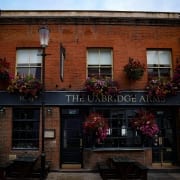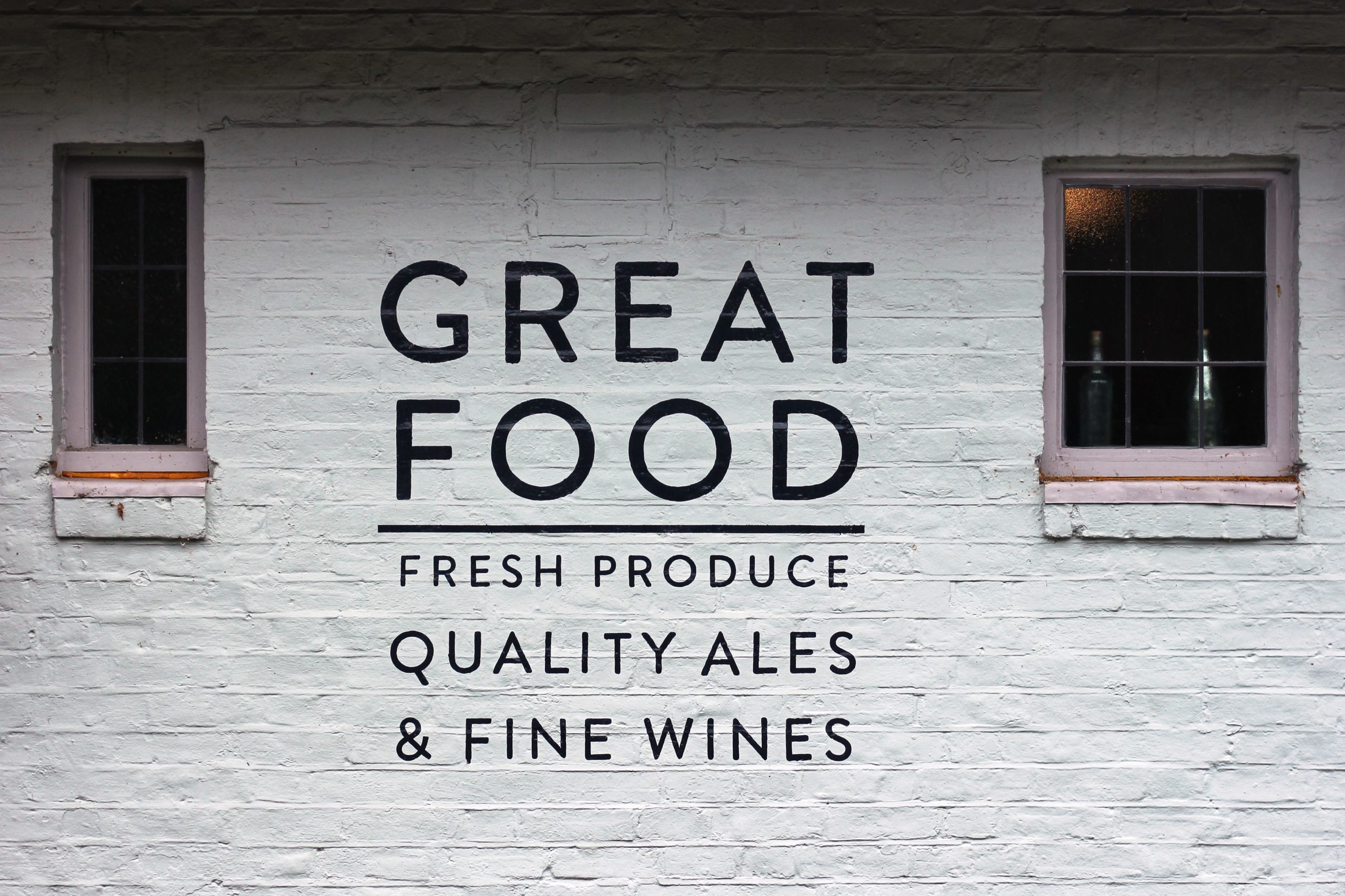BUSINESS PLANNING FOR PUBS
A guest blog post
COMMON MISTAKES AND HOW TO AVOID THEM
We can all sit down and come up with some ideas for the ‘Dog and Duck’, no problem! A glass of red wine and the creative juices just flow. That Pubco ‘tied’ pub has been waiting for you to appear on the scene. That may be so, and you may be the ‘square peg to fit the square hole’. You probably have some great ideas. But why does the ‘Dog and Duck’ suffer the ‘revolving’ doors syndrome. Every 12 – 18 months it has entered your inbox as another ‘outstanding’ and ‘fantastic’ opportunity. I am the chosen one!
The starting point is the business plan for an application. Often seen by some Pub Companies & Brewers (PubCo’s) as a document on a tick list that has to be part of a regulatory file, that then accumulates dust!. A mandatory process that rarely gets the attention it deserves. Yet if completed diligently it can really identify if you should be applying for the ‘Dog and Duck’. What are the potential risks? What are the potential rewards?
The nitty-gritty revolves around the numbers. Half a dozen people could sit around a table and put some numbers into an accounting model. The result would be different with each analysis. The saying is that you can get numbers to say anything. PubCo’s will issue what they think the numbers are. The numbers of course state an applicant will make a handsome profit. You cannot argue with facts like that!!
Over the last 30 years, I have interviewed and appointed many tenants as a former PubCo BDM and subsequently assisted many business plans for would-be PubCo tenants. I have seen, advised and created a plethora of business plans to support aspiring tenants. There are some fundamental things that you must do to create a cohesive business plan that can act as a blueprint for realistic projections. Here are some common faults that I have encountered during my career in the licensed trade, this list is not exhaustive:
12 considerations for your pub business plan
- Applicants do not thoroughly check the pub and the competition. Visiting on different days and different times. They do not note the drinks sold, food sold, staffing efficiency, necessary repairs. Are there any fiddles, staff giving away drinks etc etc.
- Applicants are overly influenced by what PubCo’s tell them. The figures that PubCo’s give them. These figures may include inflated margins, an inaccurate product mix indicating levels of higher margin sales like wines, spirits and minerals that inflate the overall gross margin.
- The BDM seems so nice and supportive. The PubCo always meets it’s promises!!
- Incorrect allowances for beer wastage and sediment.
- A Staffing cost that does not include NI, Pensions and future minimum wage and other known statutory requirements.
- Unrealistic repair and maintenance costs.
- A lack of adequate contingency.
- Cost of capital and loans.
- The first year that does not adequately cater of exceptional ingoing expenses and mistakes.
- Fair Maintainable Trade (FMT) falsely stated.
- Failure to request information from the PubCo that can be made available.
- A pet hate of mine – Accepting recommendations from PubCo BDM’s to appoint chosen ‘panel’ accountants to assist with business planning and ongoing accounting services.
Let me examine the last of these points. In my experience, pub panel accountants do receive ‘leads’ from PubCo’s. Therefore, that could cause an independent observer to conclude that there may be a conflict of interest. That conflict could potentially lead to the creation of a business plan that vindicates the analysis provided by the PubCo. The theory is that the ‘panel’ accountant wants to continue to receive PubCo referrals. Such a relationship could also lead to the ‘panel’ accountant providing conflicted advice when trading. Will a ‘panel’ accountant with such potential vested interests argue a case for a rent reduction? Improved discounting? Can you guarantee that the ‘panel’ accountant will not share your information with a PubCo without your knowledge? I have encountered situations where this has happened. I am not saying all ‘panel’ accountants act in such ways. But, can you take that risk? There are many accountants and trade consultants who can advise impartially. Professionals who have a practical operational and accounting backgrounds. No conflicts of interest.
It is inevitable that during the coming months that many tenants will encounter financial difficulties and will need to be well advised in the financial management of the business. Many pubs are likely to become available. Covid19 has changed the pub landscape. Politicians talk of ‘new normal’. Therefore, the business plan that accompanies a ‘new normal’ is even more important.
We specialize in assisting with focused impartial business planning services for ‘tied’ tenants. Our experience extends to middle management roles with large Pubco’s, working with panel accountants, PICAS arbitration, and operating pubs with managers. We, therefore, feel uniquely placed to offer the impartial advice that you need. Often this advice will lead you to ‘walk away’ from the opportunity. That can save a lot of expense and grief. Sometimes to negotiate and have a go.
What you already know is that we are not conflicted, and we do not accept any PubCo referrals or instructions. We only work in the tenants/potential tenant’s interests.
Please contact us HERE for a free no-obligation chat or learn more about our services for business plans and pubs HERE
Peter Mozelewski FBII


 Unsplash
Unsplash



 Pubs Advisory Service Ltd
Pubs Advisory Service Ltd